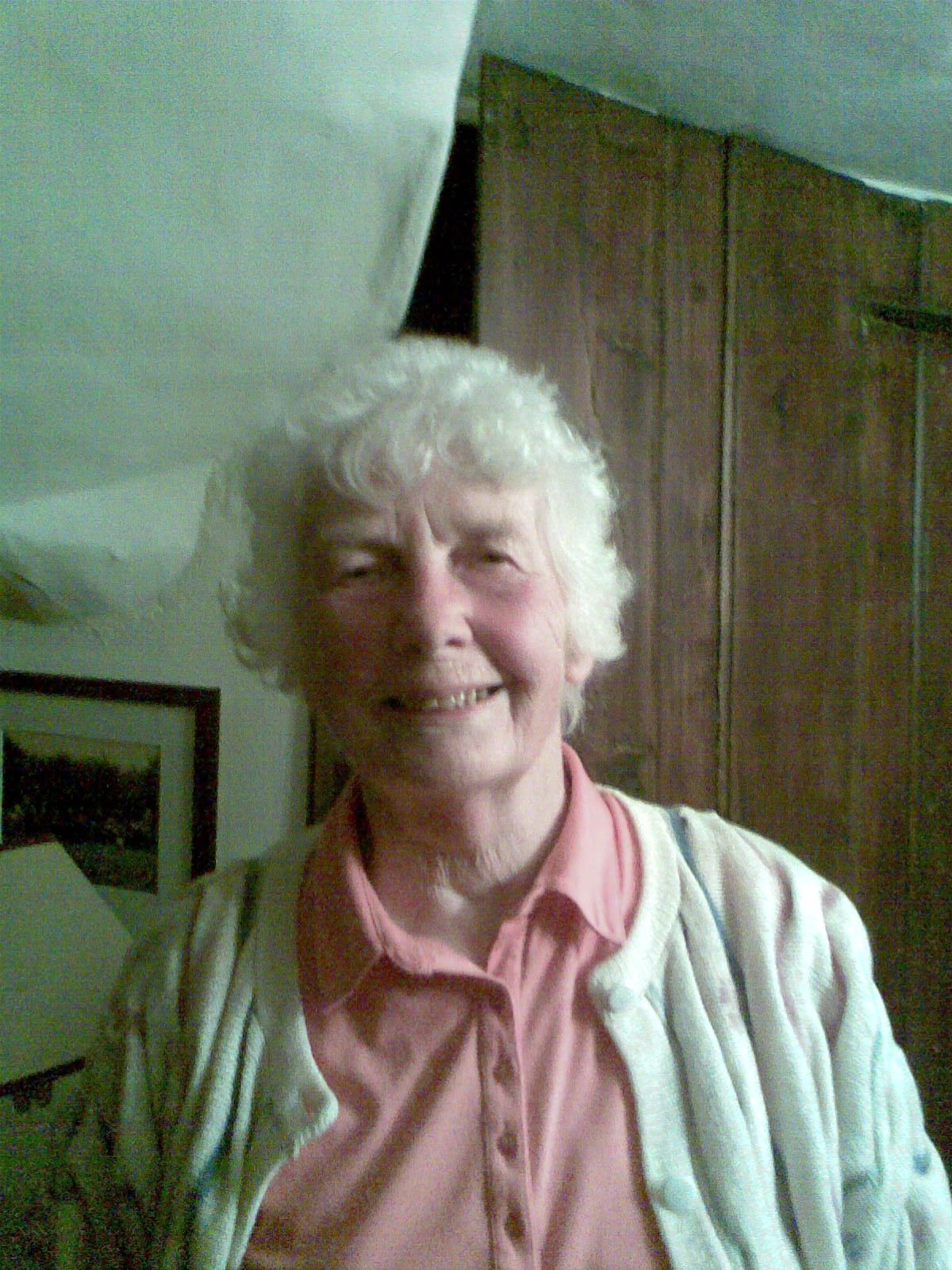Want to speak to someone immediately? You can call me on 07931 500783. In person or Zoom available.

I recently revisited the Barbara Hepworth sculpture garden in St. Ives. And, as usual, was delighted by it. Whilst I find her work intellectually challenging, if I simply allow myself to respond to it instinctively I can make sense of them. Which is, of course, exactly how I work as a therapist. My patient comes to see me. I listen. As much intuitively as intellectually. In time my listening is processed and I can formulate a thought. A tentative suggestion. The psychoanalyst Wilfred Bion came up with a classic comment about a clinical work. His maxim was that one should approach a session with neither memory or desire. (A maxim that has made my life much simpler at times!) It’s very easy when presented with a “diagnosis” to jump to assumptions. Better to meet the person and worry about diagnostic labels later.
So, to return to Hepworth. I was looking at the sculpture in the picture and trying to respond to its complexity. I love its fluidity and sensuality. Its sense of motion. (It was Goethe who said that architecture is frozen music. The Hepworth piece fits that so well.) For this blog I looked up a definition of a Mobus strip. Wikipedia told me that it is “… a one sided nonorientable surface obtained by cutting a closed band into a single strip.” Which is a perfectly accurate physical description of the thing. I could describe Hepworth’s piece in similar terms. And fail to miss the meaning of it. (Or at least the shared meaning we created that morning in her garden.)
One of the things that delights me about this sculpture is its solidness yet its fragility. It’s a relatively small piece which sits happily on a plinth. Unlike some of her more monumental pieces which are the size of trees. I like this mix in her work. I was reminded of the lines in T.S.Eliot’s poem Four Quartets.
“We shall not cease from exploration
And the end of all our exploring
Will be to arrive where we started
And know the place for the first time”
The work of psychotherapy is so often to bring the patient back to their beginning and allow them to know it for the very first time.Which brings us back to Hepworth’s piece which is about Endings and Beginnings. And of knowing where we come from and where we belong. Hence the title of this blog. As Mary Angelo put it “If you don’t know where you’ve come from, you don’t know where you’re going.”
The root of our word “hysteria” has its roots in the Greek idea of a “floating womb”. The sense that women, in particular, had no fixed centre and were prone to emotional ills. It still is a good metaphor – if bad physiology – for a sense of uncentredness. And thus a proneness to emotional disturbance. This uncentredness is not unique to women – despite the view of the Greeks. I see many ”hysterical” men as well. A lack of a stable core is not a gender specific issue!
I shall follow up some of these ideas in the next blog. Meanwhile, please feel free to comment on this piece and any other of my blogs.



““Out of your vulnerability will come your strength.”
Sigmund Freud
Counselling can’t change what life brings – but it can help how you respond to it. Talking with a counsellor gives you the chance to step outside yourself and look at your life from a different perspective.
FREE DOWNLOAD
10 questions that can change your life and bring you clarity
Not quite ready to make that call? I have created these questions so you can get curious about your life


Cert.Ed., R.M.N., Dip.Couns., M.A.
Get in touch
All Rights Reserved | Terry Burridge Counsellor


